Learning Spaces
Here you'll find articles on technology-enabled learning spaces, classroom design, av technologies and more, plus stories about institutions adopting new tech for the classroom.
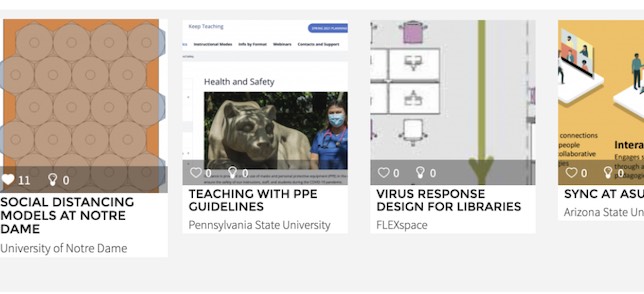
During the past few months, higher education institutions have had an urgent need to respond to the challenges of a pandemic and reconfigure learning spaces quickly with very little room for trial and error. FLEXspace.org has proven to be both a hub for sharing what works and a platform for longer-term research on important questions that impact the future.
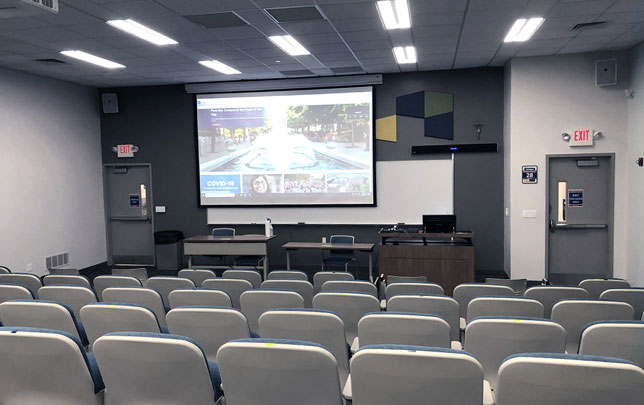
Pennsylvania's Duquesne University has installed audio conferencing systems in more than 40 classrooms to support its shift to the hybrid learning model, in which some students attend class on-campus while others participate remotely.
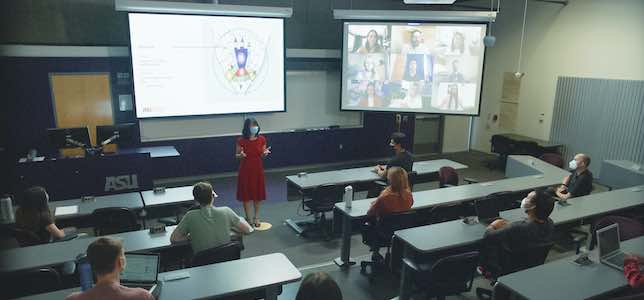
Even with the recent emphasis on remote instruction, now is the perfect time to consider strategies for physical classroom spaces.

Camcorders from JVC Professional Video can now stream directly from the camera to two major social networks.

As early as next year, students at Arizona State University could be able to don a headset, sensors and a light knapsack and immerse themselves in a theme-park-like visit to an alien zoo. The university has struck an agreement with Dreamscape Immersive to bring the latter's virtual reality technology to campus.
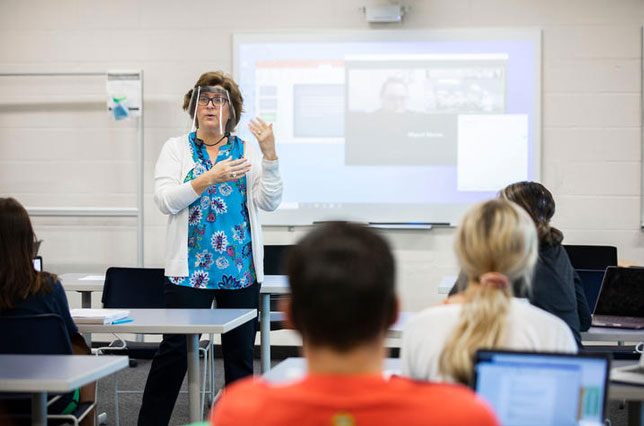
The University of Kentucky has expanded the use of technology in classrooms to accommodate whatever format is appropriate for the course content and faculty and student preference. As the home page for the institution stated, "Work Anywhere. Learn Anywhere. Teach Anywhere."
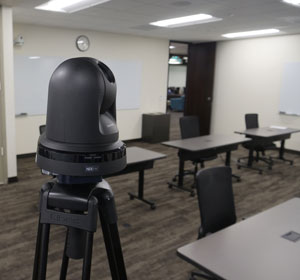
Southern California's Pepperdine University has upgraded 166 classrooms on campus with hybrid learning technology for the Fall 2020 semester. While fall instruction will remain fully online, the institution wanted to ensure its learning spaces could accommodate any combination of synchronous and asynchronous learning, according to a news announcement.
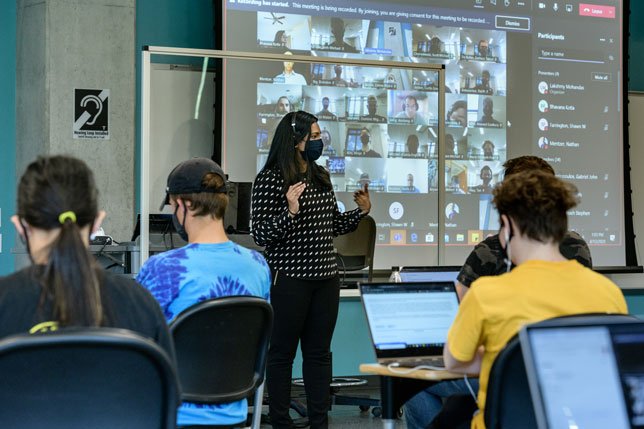
Nathan Mentzer, an associate professor in Purdue University's Polytechnic Institute and College of Education, got an early start with the HyFlex model just as the COVID-19 pandemic was starting to impact higher ed institutions across the country: He started blending both face-to-face and online instruction in his classrooms weeks before Purdue officially shifted to remote learning last spring.

The fall semester is beginning, and we are finally starting to see reopening plans play out at colleges and universities across the country. In this episode of the Campus Technology Insider podcast, Executive Editor Rhea Kelly explores the pandemic decision-making process with Dr. Eric Monday, executive vice president for finance and administration at the University of Kentucky, and also the chair of UK’s Pandemic Response Team. He talks about how the team is structured, what types of data they monitor, what kinds of challenges they have been working through, and how they are approaching contingency planning.
A university in Australia with multiple campuses has upgraded its approach to audio and video management. Central Queensland University, with 25 campuses, has installed media systems from Harman Professional Solutions, to facilitate high-definition streaming into classrooms from lecturers who may be situated anywhere in the university system.